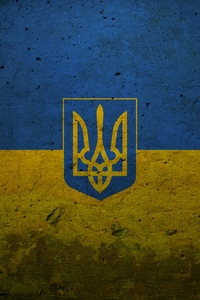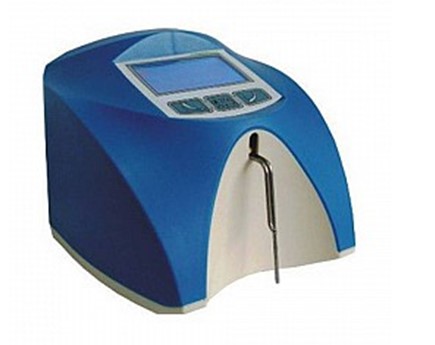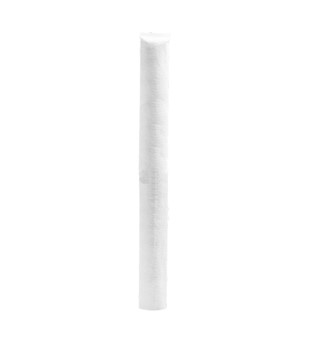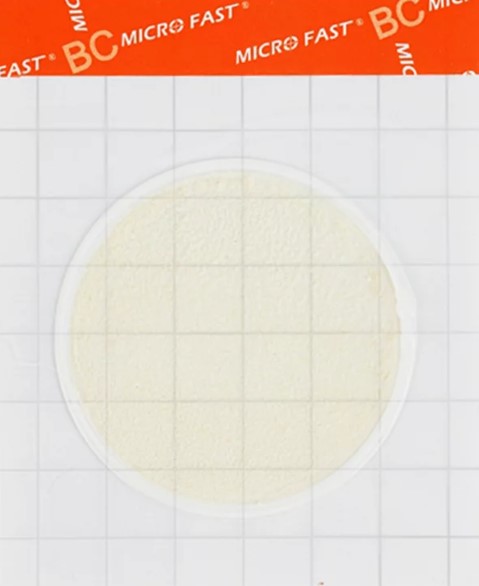EC proposes to create a fund with "Russian assets" to help Ukraine
The funds of the Russian Central Bank blocked in foreign accounts, as well as the assets of the “Russian oligarchs” confiscated due to sanctions, should be combined into a fund, the funds of which should be invested, and the income from these investments should be sent to pay compensation to Ukraine. This proposal was put forward by the HEAD of the European Commission, Ursula von der Leyen, her video message with this proposal was published on Twitter.
According to her, Russia must fully compensate for the damage to Ukraine, which is estimated at €600 billion. “And we have the funds to compensate for this damage,” she stressed. “We have blocked €300bn of Russian Central Bank reserves and frozen €19bn of Russian oligarchs’ money,” von der Leyen said.
In the short term, the EU and its partners will be able to create a structure to manage and invest these funds. The proceeds will go to Ukraine. “And when sanctions are lifted one day, these funds should be used in such a way that Russia fully compensates for the damage caused to Ukraine,” she added.
The EC will work on an international agreement with its partners to make this possible, she said. “Together we can find legal paths to this,” said von der Leyen.
Siluanov announced the study of the exchange of frozen assets of Russia Economics
The reserves of the Russian Central Bank were frozen at the end of February, shortly after the start of Russia's special operation in Ukraine, already on February 28, sanctions against the Russian Central Bank, prohibiting any transactions with funds belonging to it, were introduced by the EU countries and the United States . According to Finance Minister Anton Siluanov, Russia has lost access to half of its gold and foreign exchange reserves, $300 billion. As reported by the Central Bank, as of February 18, the international reserves of the Bank of Russia amounted to the equivalent of $643 billion (they are placed in gold).
At the end of March, the Central Bank introduced mirror measures "for a comparable amount." The regulator restricted the movement of capital, banned the sale of securities by foreign investors and their withdrawal of funds from the Russian financial system. Payments on the corporate debt of Russian companies and public debt to debt holders from countries that support sanctions against Russia are now possible only with the permission of the government commission.
Read on RBC Pro What is happening with the demand for luxury real estate in Moscow 10 phrases that indicate that you are not going to return the money What you need to knowto terminate the state contract without consequences Is recession in the West terrible for the Russian economy: analysts' opinionsThe European Union has counted €68 billion of the frozen assets of Russia Economics
The Kremlin, commenting on the sanctions against the Central Bank, called the actions of Western countries a theft. “These are absolutely illegal actions, they are contrary to international law, this is nothing more than an encroachment on property, in this case state property, and on private property,” said Russian presidential spokesman Dmitry Peskov.
Commenting on proposals to confiscate Russian assets, which were put forward, in particular, by Ukraine and Poland, von der Leyen said earlier that this is the goal of the EU, but so far there is no necessary legal framework for this.



























































